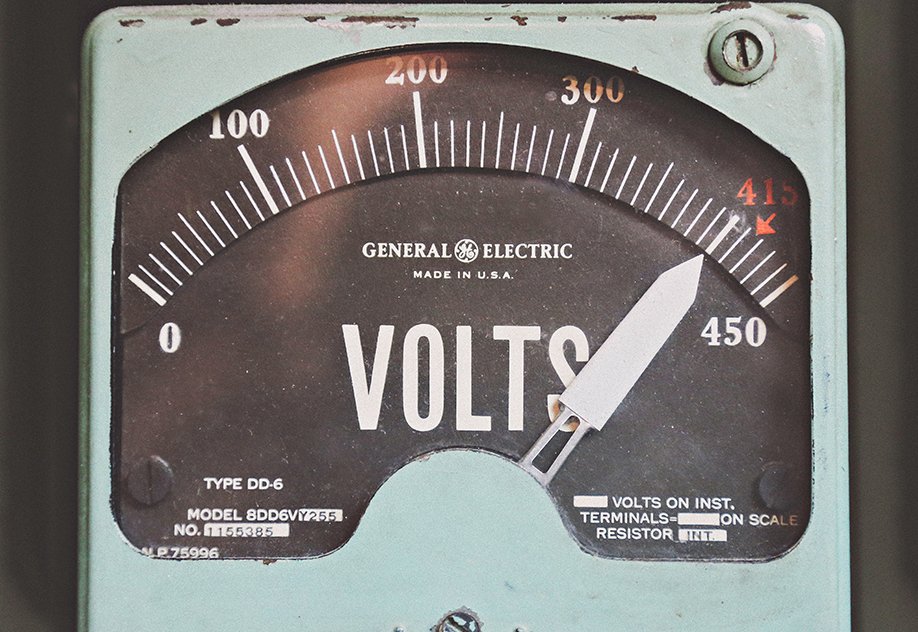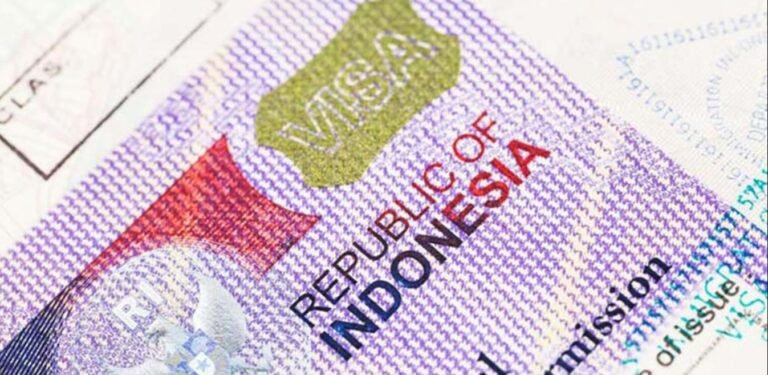
Indonesia has its challenges. Some of these are unique and clearly rooted in the country’s diverse cultural makeup and geographic location while others are more generic and global in scope, like the cancer of corruption and greed.
Despite these, or maybe because of them, the consensus seems to be that Indonesia’s future looks bright, but to fully realize its enormous potential some of these challenges need to be faced head-on, punches cannot (and should not) be pulled and a paradigm shift has to happen. Quickly.
Growing middle class
Already acknowledged as Southeast Asia’s biggest economy, Indonesia is projected to rank as the world’s 4th largest economy by 2050 based on GDP at Purchasing Power Parity (PPP), which reflects a country’s economic productivity and standards of living, say PricewaterhouseCoopers (PwC).
According to a recent article published by the South China Morning Post (SCMP) almost half of Indonesia’s 260+ million population will enter the work force by 2030. However, this increase in disposable income together with the anticipated flow of human resources to cities is also likely to strain the country’s ability to produce enough energy to cope with demand.
Government initiatives aimed at improving infrastructure are clearly anticipating the surge of workers to cities, as are targets to have 23% of the country’s energy generated from renewables by 2025.
Opportunities and threats
In many ways energy is possibly the most significant opportunity of a generation as Indonesia’s demand for electricity is expected to double in the next ten years.
But it could also be an opportunity to lose, as energy, especially renewable energy, is where Indonesia can either rise to the challenge or find itself slipping down a precarious slope and into a fossil fueled abyss.
Indonesia’s “heavy reliance on fossil fuels, the highest in the Southeast Asia, means it may offset the rest of the region’s positive growth toward renewable energy,” say the SCMP
An embarrassing inability to keep up with its ASEAN neighbours in terms of attracting investment in renewable/ green energy means those much-needed jobs, dollars and environmental benefits are going to places like Malaysia and Vietnam instead.
Waking up PLN
PLN, the state owned electricity provider, has been focused on fossil fuel power plants and doesn’t have the best record when it comes to supporting clean energy investments. It maybe time to explore different, less antiquated business models.
SCMP report that in 2017 two regulations were introduced, which “shook interest in energy investments in the country, as they mandated that PLN buy renewable energy only up to 85% of the standard price of energy,” all but killing off investments (and interest).
Fabby Tumiwa, Director of the Think Tank Institute for Essential Services Reform in Jakarta told SCMP that 2020 is “the ‘deciding year’ for Indonesian clean energy. Indonesia’s lag behind its neighbours has made it much more difficult to reach its goal of 23% renewables from 12% in its energy mix by 2025,” he says.
“If you want to accommodate this 23% target by 2025, starting in 2020, 80% of the new energy capacity has to come from renewables,” he added. Currently, that number according to the Think Tank, stands at less than 10%.
Relying on fossil fuels is clearly not the answer. And neither is PLN.
Where there’s a will there’s a way
Opportunities in geo-thermal, wave, wind and solar energy across Indonesia’s 17,000 islands are tremendous. There is no doubt that the technology, expertise, and to a large degree, financial resources are all available. The market is certainly there and only getting larger. There’s money to be made. Lots of it. Plenty to go round. The benefits are there and public support is also growing as we wake up to hard truths about pollution, waste and climate.
What appears to be missing though, is political will. Promises and agreements will only ring hollow if no action is taken or if actions simply pay lip service to grand designs.
Paradigm shifts can be daunting. Change can be frightening. But if we continue to do the same things expecting different results we’ll have nobody to blame but ourselves when madness comes knocking.
Building Indonesia’s Golden Age
The ‘Roaring Twenties’ are very likely to bring greater economic growth to Indonesia and in this respect it’s certainly an exciting place to be investing. Relaxation of laws and regulations to improve the ease-of-doing-business are happening. But if renewable energy is ignored the future is lost.
With more focused attention on green energy and by opening up opportunities for more grass-roots approaches this unprecedented economic growth could be better supported in a more sustainable, Eco-conscious way. If reports are to be believed, the new capital city in Kalimantan will become a model of how Indonesia could be a significant player in Southeast Asia’s green revolution. Let’s hope so.
Health, education and lifestyles as well as business are all likely to benefit from a more enlightened approach to how we create and consume energy. And this, possibly more than any other factor, will be the foundations upon which Jokowi can realize the vision of Indonesia’s Golden Age.
#goldenage #PLN #Jokowi #greenenergy #renewable #greenrevolution #sustainability #EcoConscious #RoaringTwenties #fossilfuels #Indonesia #paradigmshift #electricity


















